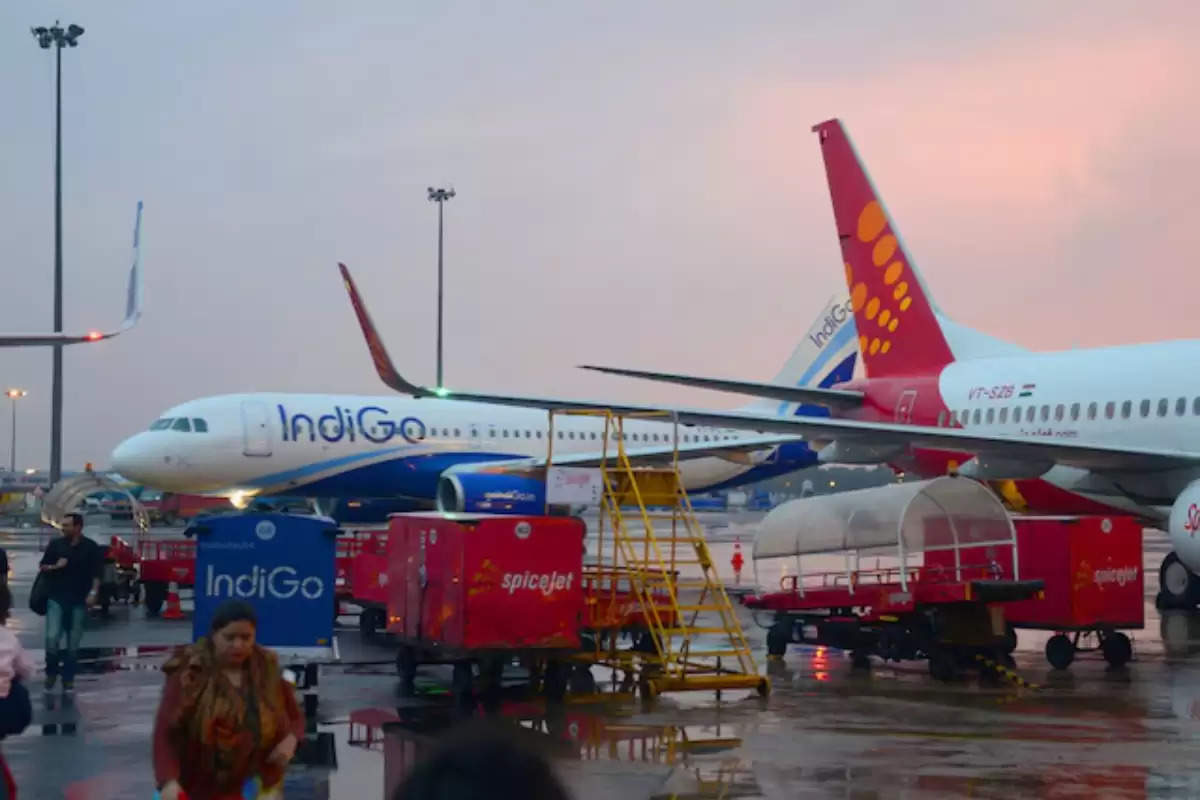Too Much Time Spent in an Aircraft? Airlines' New Regulations: An Explanation of the Ability for Passengers to Disembark

Passengers are now permitted to disembark from a plane and proceed to the departure area in case of flight delays caused by inclement weather, in accordance with the latest directive issued by the Bureau of Civil Aviation Security (BCAS) on March 30.
Previously, airlines would confine passengers onboard for up to 12 hours, awaiting their turn for takeoff. However, this practice is set to change with the introduction of new guidelines.
The objective of these guidelines is to alleviate the inconvenience experienced by passengers who frequently lodge complaints regarding flight delays, congestion, and prolonged confinement onboard aircraft.
BCAS Director General Zulfiquar Hasan stated on Monday that airport operators must make necessary arrangements for infrastructure, including screening, to implement these guidelines. The decision to allow passengers to disembark will be made by the airlines and relevant security agencies. If airlines do not initiate deboarding procedures, airport security personnel will assess the situation and may instruct passengers to disembark.
However, challenges remain regarding the implementation of the new guidelines, particularly concerning passengers being stranded onboard aircraft. Airlines typically avoid unloading passengers until the aircraft doors are closed, as this affects their position in the departure queue, especially during winter when flights are often delayed. Additionally, there are concerns about handling luggage, with Hasan explaining that in the event of an aircraft change, baggage will be directly transferred from the original plane to the new one.
To expedite the process for passengers transitioning from aircraft to the departure terminal, airports will introduce full-body scanners where annual passenger traffic exceeds 5 million.
The introduction of these rules comes after BCAS imposed fines totaling Rs 1.80 crore on IndiGo and Mumbai International Airport Limited (MIAL) for incidents involving passengers consuming food on the tarmac due to flight delays reported in January.
.png)